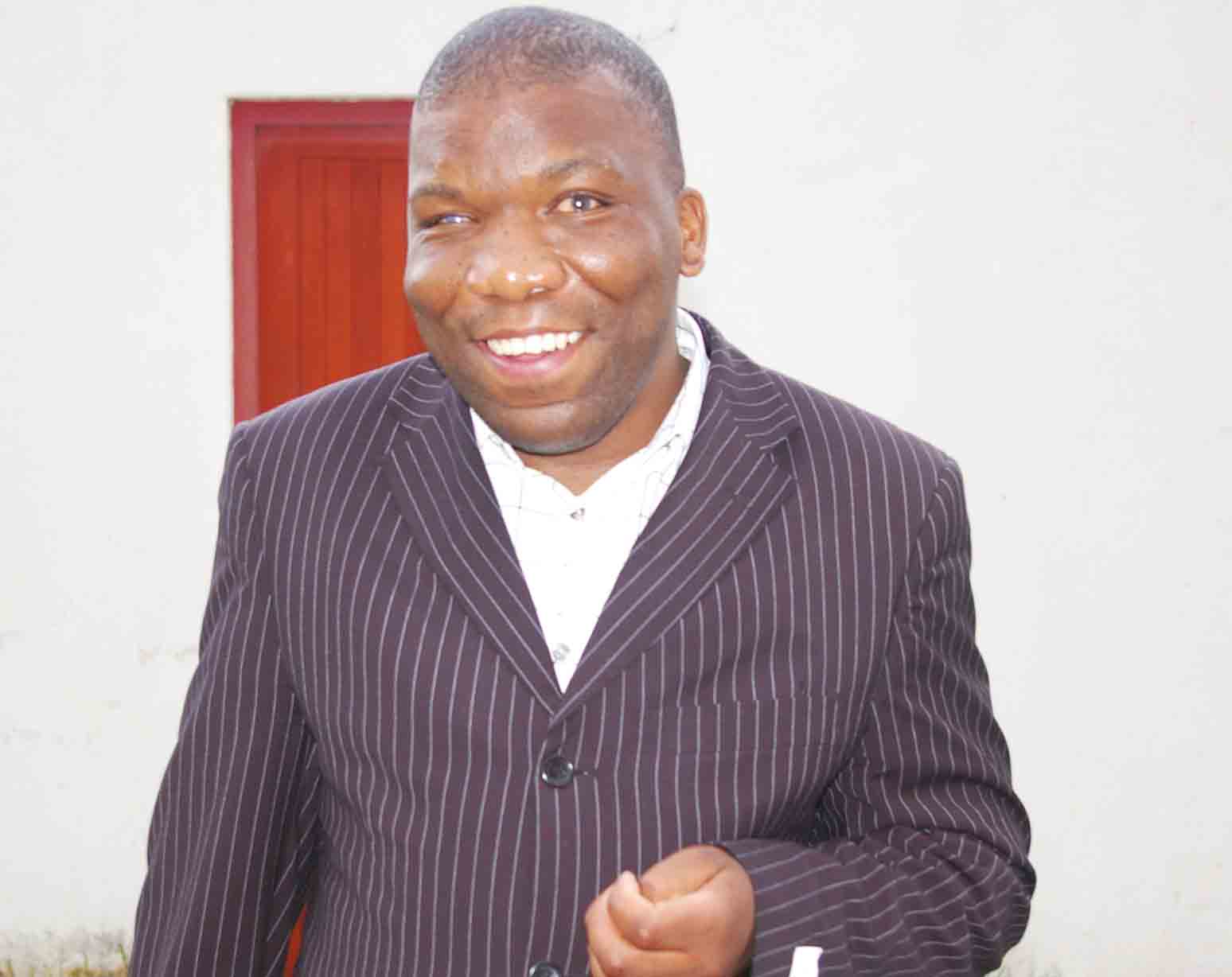Limpho Sello
THE Lesotho National Federation of Organisations of the Disabled (LNFOD) has demanded the inclusion of organisations for the disabled among the list of participants to be consulted on the reforms process to ensure that the envisaged multi-sector reforms fully cater for the concerns and welfare of the disabled.
Since its advent to power in June 2017, the Thomas Thabane-led four party coalition government has embarked on consultations with various stakeholders including political parties, business organisations and non-governmental organisations as part of efforts to build consensus on the multi-sectoral reforms the country needs to implement.
The constitutional, security sector, public service, governance and media reforms were part of the recommendations made by the regional Southern African Development Community (SADC) in 2016 to ensure lasting peace and stability which is crucial to the country’s socio-economic development.
LNFOD Executive Director, Nkhasi Sefuthi, this week told the Lesotho Times that LNFOD submitted its recommendations to the parliamentary portfolio committee on law and public safety, calling on the government to ensure that people with or organisations of people with disabilities are included in the commission that is proposed in the National Reforms Commission Bill of 2018.
Advocate Sefuthi said they proposed that organisations of persons with disabilities should be explicitly mentioned in the Reforms Commission Bill among those to be consulted and they should participate in the reforms process to facilitate the inclusion of the concerns of people with disabilities.
Adv Sefuthi stated that persons with the disabilities should be not be considered under the civil society organisations, saying the separation was necessary to ensure the former fully participated in the reforms process.
The National Reforms Commission Bill was tabled before parliament on 17 January, 2017.
The bill seeks to provide for the establishment of the National Reforms Commission whose mandate is to facilitate a national dialogue on the constitution and other related issues with the purpose of ensuring integrated constitutional, parliamentary, judicial, security and public service reforms.
The envisaged commission, which shall be composed of six commissioners and led by a chairperson who shall be a retired judge or eminent person, will operate for an initial period of 18 months and this can be extended for another 12 months to enable it to complete its mandate.
Adv Sefuthi said LNFOD had also recommended that one of the commissioners for the proposed Reforms Commission should be a representative of persons with disabilities.
“The functions of the commissioner who is a representative of persons with disability and knowledgeable and experienced in disability rights, will be to support other commissioners on the mainstreaming of disability rights in the reforms.
“We want one of the commissioners to be assigned to work specifically on issues of disability.
“We have important issues that we would like to be incorporated because we have realised that we are always left behind whenever government is working on enhancing democracy and human rights simply because no one understands our concerns very well,” Adv Sefuthi said.

